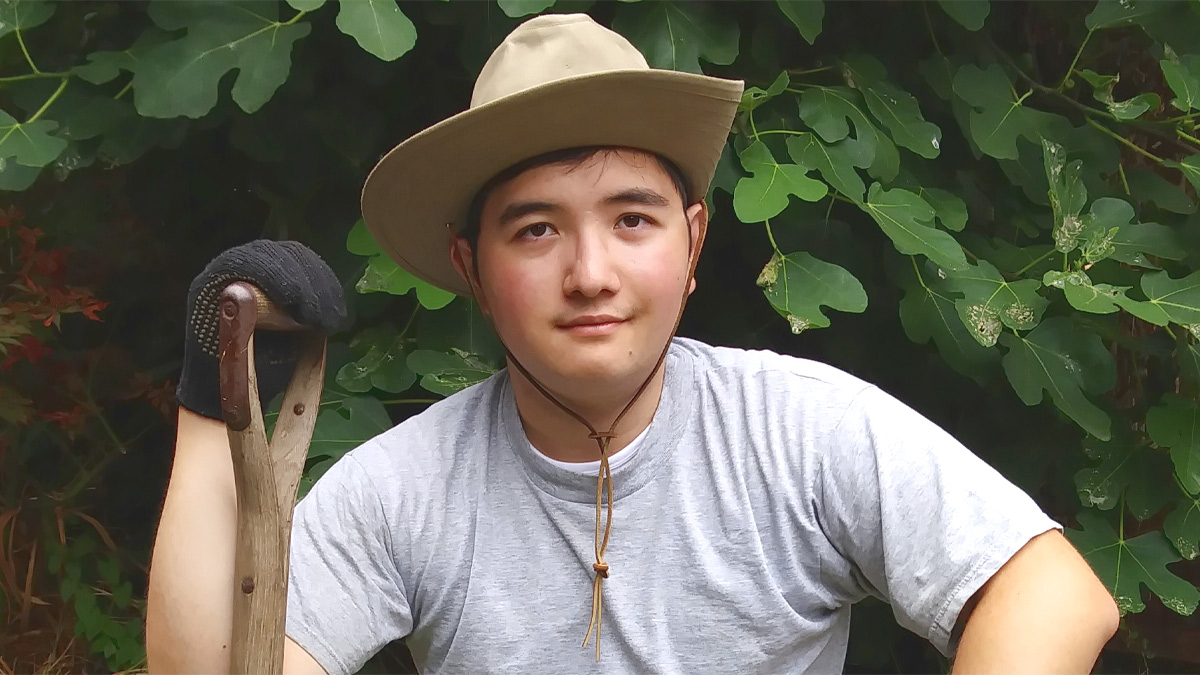Leo has been interested in subjects such as history and politics from a young age and wanted to study a subject which combined theoretical and practical modules. BA Archaeology gives students the opportunity to put their learning into practice through fieldwork, as part of the Archaeology Field School, and other excavations in the UK and abroad.
By taking part in fieldwork, Leo discovered an interest for Roman pottery.
“What made the degree special was the field school1 at the ancient Roman town at Silchester, where we could put into practice the excavation techniques covered in the classroom. I developed an interest in Roman pottery and wrote about it for my dissertation.”
Reading's links with industry
The University of Reading's long-established relationships with employers within the archaeology and related sectors helped Leo to explore his interest in Roman pottery in a professional environment.
“Professor Hella Eckardt put me in touch with her contacts at the post-excavation team at the Museum of London Archaeology (MOLA). I contacted them and they kindly arranged a placement for me.”
Leo completed a voluntary three-week work experience placement at the end of his third year, working alongside the pottery specialist at MOLA.
“It was very interesting to get a sneak peek into the industry I will actually be going in to and, by a twist of fate, the trainee I worked with was also a Reading graduate! The staff were very friendly and helpful and had some useful tips and advice, which I appreciated.”
A rewarding experience
During the placement experience, Leo was given a detailed schedule which enabled him to work on activities in various departments and was given the opportunity to talk to specialists about their projects.
“What was rewarding for me was finding out that a lot of what I had learned during my degree could be applied directly to what is practised in the industry. The placement gave me a valuable insight into the activities of a post-excavation team in a professional environment, which I know will be of great help in the future.”
Leo noticed that theory from modules he had taken during his degree, such as ‘Post-Excavation: assessment, analysis & publication in the profession’ and ‘Ancient objects: materials and meanings’, was put into practice on a daily basis. Something that stood out for Leo was the filing of specialist reports from archaeological excavations that are published for the benefit of the developers and the public.
“It had a sense of ‘déjà vu’ to it. To see how this knowledge is used in a professional working environment is very satisfying.
“None of this would have been possible without the support of all the staff within the Department who made my experience as smooth as possible, especially through the difficult time of the pandemic. I'd like to say a really big thank you to everyone.”
Looking to the future
Leo plans to pursue a career in field archaeology and to follow the path of a specialist at an institution such as the Museum of London Archaeology.
Learn more about placement opportunities
1Locations and time periods of the field schools are subject to change.
